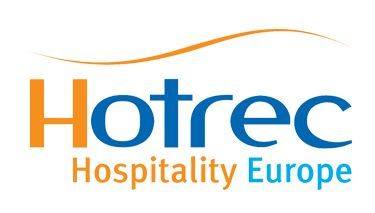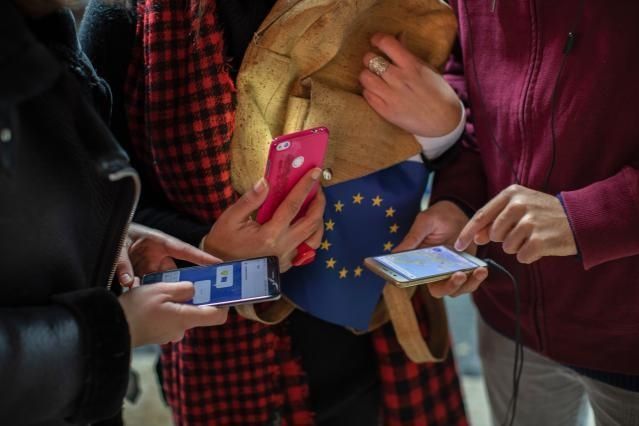HOTREC Welcomes New EU Digital Rules that Protect Hospitality Providers
HOTREC, the umbrella organization representing hotels, bars, cafes and restaurants in Europe, welcomed this week the European Commission’s proposed landmark regulations – the Digital Markets Act (DMA) and the Digital Services Act (DSA) – as actions ensuring fair play, curbing illegal offers of services, and giving small and medium-sized hospitality enterprises more control over their digital presence.
The new regulations are aimed at restricting dominance and ensuring online giants become more transparent about how content is ranked, advertised and removed. It should be noted that hotel and accommodation services providers depend largely on platforms for bookings and reservations.
Indicatively, roughly 30 percent of all hotel room bookings were made online via an Online Travel Agent (OTA) in 2019. At the same time, the impact of Covid-19 on the hospitality sector has further increased the sector’s reliance on these platforms.
“Most hospitality establishments’ would currently describe their relationship with online platforms as one-sided and dependent. [Today’s] announcement by the European Commission gives hoteliers hope that this relationship can become genuinely bilateral, where establishments engage with platforms on an equal footing”, said HOTREC Director General Marie Audren.
She added: “We are optimistic that the European Parliament and EU Member States can, under the Digital Services and Markets Acts, support the creation of a conducive environment for small businesses that want to be in control of their digital distribution strategies.”
 According to HOTREC’ statement, OTAs are “unavoidable business partners for hotels and play every trick in the book to maintain a strong relationship of dependency for hoteliers”.
According to HOTREC’ statement, OTAs are “unavoidable business partners for hotels and play every trick in the book to maintain a strong relationship of dependency for hoteliers”.
The organization goes on to add that hoteliers are not equipped to challenge price parity clauses, unilateral changes to terms and conditions and constricted access to guest and marketing data generated by transactions that concern that hotelier, among other issues.
Adding that any attempt by a hotelier to break free from online travel agents’ rules is met with what amount to sanctions in practice, such as downgrading, dimming or even removing offers of services.
To demonstrate HOTREC names Booking.com, which it says accounts for over 65 percent of hotel bookings made via OTAs in Europe.
Most other OTA platforms replicate the practices and behaviour of the dominant platform, which gives hoteliers very little choice in practice between competing platforms.
HOTREC said it also welcomes new rules under the Digital Services Act which holds accountable platforms for content and the introduction of new data sharing requirements.
“This is a must to ensure that ‘what is illegal offline is also illegal online’,” said the HOTREC statement, with platforms taking responsibility and liability for the role they exert.
HOTREC adds that the DSA will be crucial to addressing short-term rental accommodation offers that do not meet local, regional or national legal requirements.







